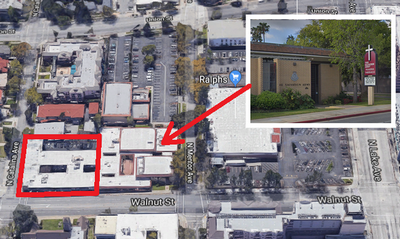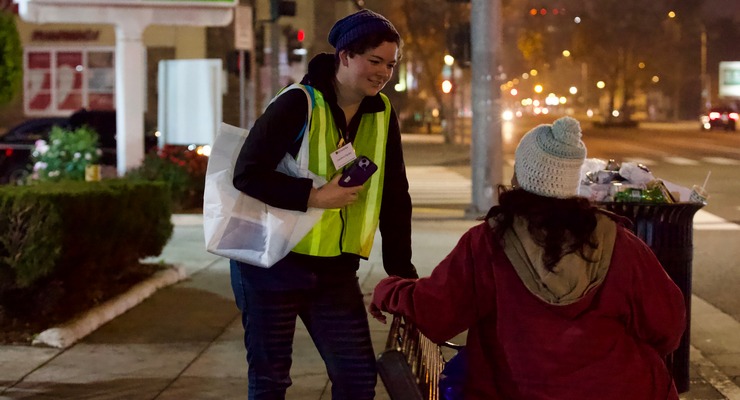“These projects help people be successful. It’s a great privilege to be standing here,” said Salvation Army Commander Terry Mosambo Monday, as the City Council Monday unanimously approved a $1M loan to fund the proposed 66-unit Salvation Army Hope Center project at 1000 E. Walnut Street.
It is the City’s latest permanent supportive housing (PSH) development. The loan would come from the City’s Housing Successor Low Income Housing Asset Fund.
The project joins such developments as Marv’s Place in creating housing for the chronically homeless. Among the residents would be 16 homeless military veterans.

United Way West San Gabriel Valley Field Organizer Teresa Eilers thanked the Council for its work, saying, “This is the way to do it, city by city, in a regional approach, and Pasadena can lead the way.”
Eilers added, “We know that supportive housing works, and there is a strong success rate for it.”
Councilmember Victor Gordo also asked Housing Director Bill Huang to work with the small business owners currently at the site to make “a smooth transition” out of the property.
“Make this a high-quality project,” Gordo added. “The design and quality of the project is very important. This is a high priority.”
Jill Shook, a longtime Pasadena housing advocate, acknowledged the sometimes-slow pace of creating such projects and implored the Council to, “streamline the process, so that other churches can do this type of project.”
Vice-Mayor Tyron Hampton also asked Mayor Terry Tornek whether qualifying sites or properties can be “spot zoned” to facilitate such projects.
“We need to fast track projects like this,” said Hampton. Tornek said that spot zoning was illegal, but told Hampton, “Bring the sites to the Council, and we will figure out a way to do it.”
According to a presentation from James Wong, Pasadena Housing Department project manager, the site is currently the home of a two-story office building built in 1964, which will be demolished. The building is currently operated by the Developer to provide social services for primarily homeless and low-income/at-risk persons.
PSH units would comprise the second, third and fourth floors of the proposed Hope Center, with the ground floor being operated as an expanded social services center for PSH residents and low/moderate income people in the community who are currently served by the Salvation Army, said the staff report.
The target population of the PSH apartments would be single adults with incomes at or below 30% and 40% of area median income (40 units and 25 units, respectively) and who meet the U.S. Department of Housing and Urban Development definition of homeless.
The estimated total development cost of the Hope Center is approximately $31.8M, of which $7.0M is earmarked for the first floor social services center and the balance of $24.8M to the PSH component.
Development of the first floor social services center would be funded by The Salvation Army, primarily through a capital fundraising campaign. No City funding would be used for the development of the social services center, said the report.
The PSH component would be developed primarily as a tax credit project, with an $18,458,654 Tax Credit Equity, $ 4,480,000 from the County of Los Angeles, and $1,000,000 from the City of Pasadena, among others.
All of the income-restricted units would be rent-subsidized with project-based vouchers (PBVs). VA service-eligible homeless veterans would be subsidized with PBVs under the federal VASH program.
According to the Housing Department staff report, supportive services would be available to the PSH residents including case management, food, health care, legal, employment, job training, and education.
The services would be provided by The Salvation Army or coordinated with such providers as Community Health Alliance of Pasadena, Pacific Clinics, Neighborhood Legal Services of Los Angeles County, Foothill Workforce Development Board, Pasadena Community Job Center, Pasadena City College, Pasadena Unified School District, and the U. S. Department of Veterans Affairs.

















